Israel's Escalated Offensive in Iran: A High-Stakes Gamble
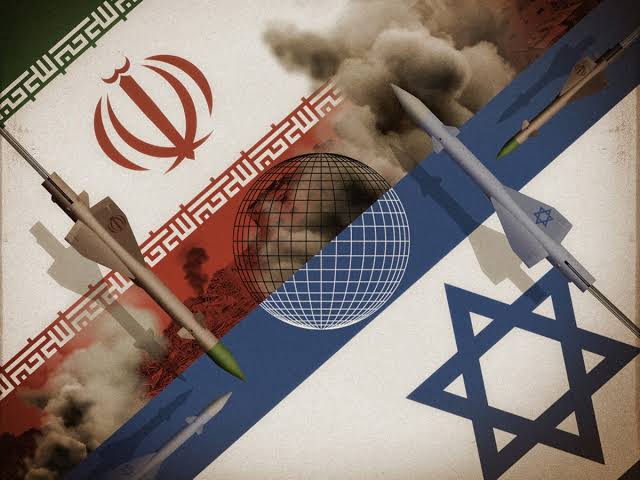
Israel's Friday early morning strikes on over 100 sites in Iran, including nuclear and military facilities, which also resulted in the deaths of several prominent figures has shocked the peace loving people across the globe. The reactions from across the world have been swift and varied following The United States, Israel's historic ally, immediately weighed in, with President Donald Trump confirming prior knowledge of the strikes and reiterating America's "red line" that Iran cannot possess a nuclear bomb. He expressed a desire for a return to negotiations with Tehran and pledged U.S. readiness to defend itself and Israel if Iran retaliates, later emphasizing on Truth Social that "Iran must make a deal before there is nothing left."
In a significant escalation of Middle East tensions, Israel’s latest attack is more extensive and intense military operation against Iran than its two previous engagements last year. This latest offensive appears to adopt a "decapitation" strategy, mirroring the Israeli offensive against Hezbollah in Lebanon last November, which aimed to neutralize key leadership figures.
Footage from Tehran suggests specific buildings were targeted, drawing parallels to Israel's strikes on Beirut's southern suburbs that culminated in the killing of Hezbollah leader Hassan Nasrallah. While Iran's Supreme Leader Ali Khamenei has not been targeted in this latest assault, the initial hours of the operation have inflicted unprecedented damage on Iran.
Reports indicate the killing of Iran's military chief of staff, Hossein Salami, the commander of the powerful Revolutionary Guards, and several nuclear scientists. Iranian media has corroborated the deaths of Hossein Salami, Commander-in-Chief of the Islamic Revolutionary Guard Corps, and Mohammad Bagheri, Chief of Staff of the Iranian military, alongside at least six nuclear scientists.
The strikes have also heavily bombed Iran's main nuclear facilities at Isfahan's Natanz, with the stated aim of penetrating underground uranium enrichment sites. Alongside these strategic military targets, reports indicate civilian casualties, including children, and the bombing of residential areas.
Israeli Prime Minister Benjamin Netanyahu has hinted that this operation could extend for days. This aggressive posture suggests a calculated risk, likely predicated on the belief that such a devastating blow to Iran's leadership and military infrastructure will severely impede its ability to mount a strong retaliatory response. However, this strategy also necessitates a fiercer reaction from Iran than witnessed in its two previous attacks on Israel last year, raising concerns about a broader regional conflict.
Ayatollah Ali Khamenei has already vowed "harsh punishment" for Israel, setting the stage for a potentially volatile period.
Netanyahu's decision to launch this attack now, a move he has long advocated, appears to stem from multiple factors. He stated the operation was a matter of Israel's survival, reiterating his long-held argument that an Iranian nuclear bomb poses an existential threat. This urgency was reportedly underscored by a senior Israeli military official who claimed new intelligence indicated Iran possessed enough material to produce 15 nuclear bombs within days.
Furthermore, the timing of the attack—just prior to what would have been the sixth round of US-Iran talks on a nuclear deal—is highly significant. These talks have now been cancelled. For Netanyahu, this crucial moment may have been an opportunity to derail what he perceives as an unacceptable agreement. There were already conflicting signals regarding the progress of these talks, with the US reportedly expressing pessimism even before the Israeli strikes.
Militarily, Netanyahu and his advisors may have assessed that both Iran and its regional proxies, particularly Hezbollah, have been sufficiently weakened, diminishing the threat they once posed. US President Donald Trump, commenting on the situation, noted that Israel utilized "great American equipment" and suggested the attack could incentivize Iran to agree to a nuclear deal. He also reportedly issued a 60-day ultimatum to Iran prior to the strikes.
The international community has reacted with concern. France has urged restraint, while the IAEA is actively monitoring the situation, and world leaders are calling for de-escalation.
The international community, including the United Nations, largely urged maximum restraint to prevent further escalation. UN chief Antonio Guterres expressed deep concern, particularly about the timing of the strikes on Iran's nuclear facilities, given ongoing U.S.-Tehran talks for a new nuclear treaty. Similarly, China voiced profound worry about the increasing hostilities and urged all parties to prioritize regional peace and stability, while mediators like Qatar and Oman strongly condemned the Israeli attacks, highlighting their potential to derail diplomatic solutions and destabilize the region.
Iran-backed groups quickly reacted, with Hamas calling the Israeli aggression a "dangerous escalation that threatens to destabilize the region" and Yemen's Houthi rebels asserting Iran's "full and legitimate right to develop its nuclear programme" and to defend itself. Both groups condemned the Israeli strikes and affirmed Tehran's right to respond.
These statements underscore the broader regional implications of the Israeli action and the potential for a ripple effect across the Middle East.
Key Western allies like France and the UK echoed calls for immediate restraint and de-escalation. France's foreign minister urged all sides to "avoid any escalation that could undermine regional stability," while British Prime Minister Keir Starmer emphasized that "escalation serves no one in the region" and urged parties to "step back and reduce tensions urgently." These statements highlight a shared concern among Western powers about the potential for the conflict to spiral out of control.
Finally, reactions from within the Middle East neighborhood underscored the immediate and direct impact of the strikes. Turkey's foreign ministry stated that "Israel must put an immediate end to its aggressive actions that could lead to further conflicts," while Jordan, seeking to avoid entanglement, explicitly stated that it "has not and will not allow any violation of its airspace," making clear its refusal to become a battleground for the escalating conflict.
The coming days will be critical in determining whether Netanyahu's strategic gamble proves to be a successful maneuver or a dangerous miscalculation, with potentially far-reaching consequences for regional stability.

 2 days, 11 hours ago
2 days, 11 hours ago

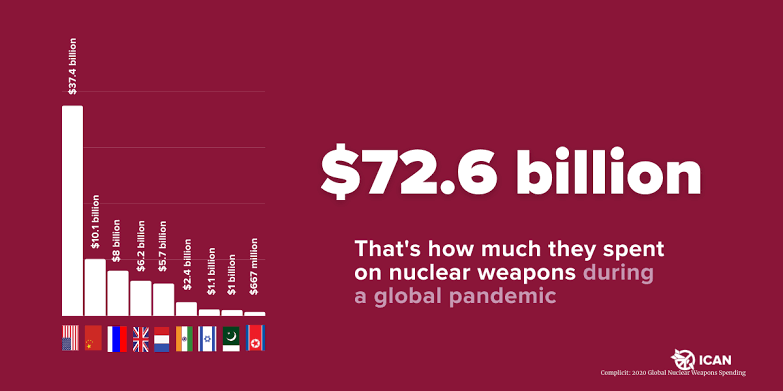
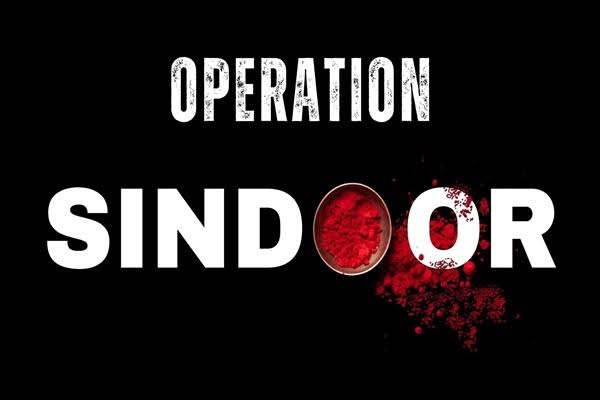
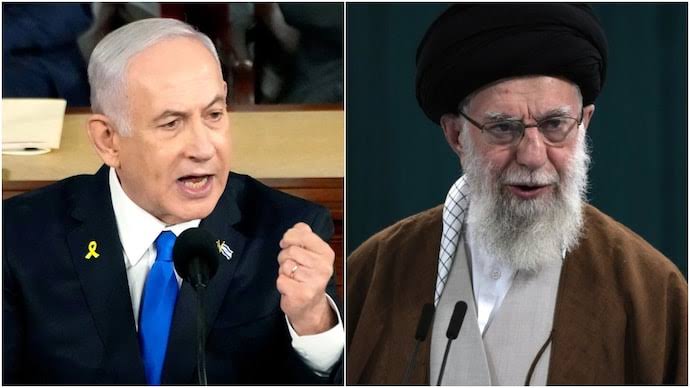
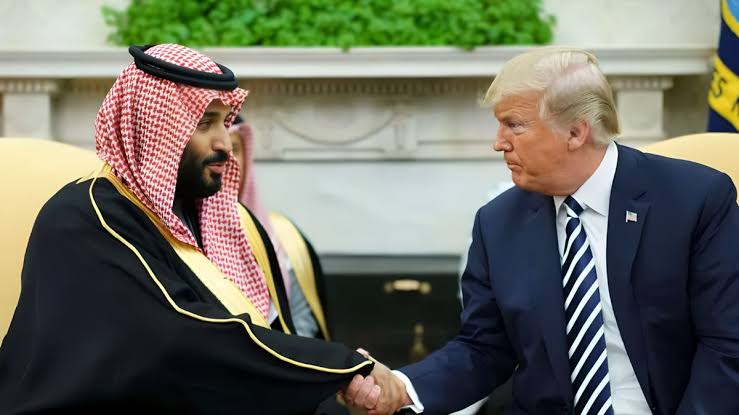
[[comment.comment_text]]